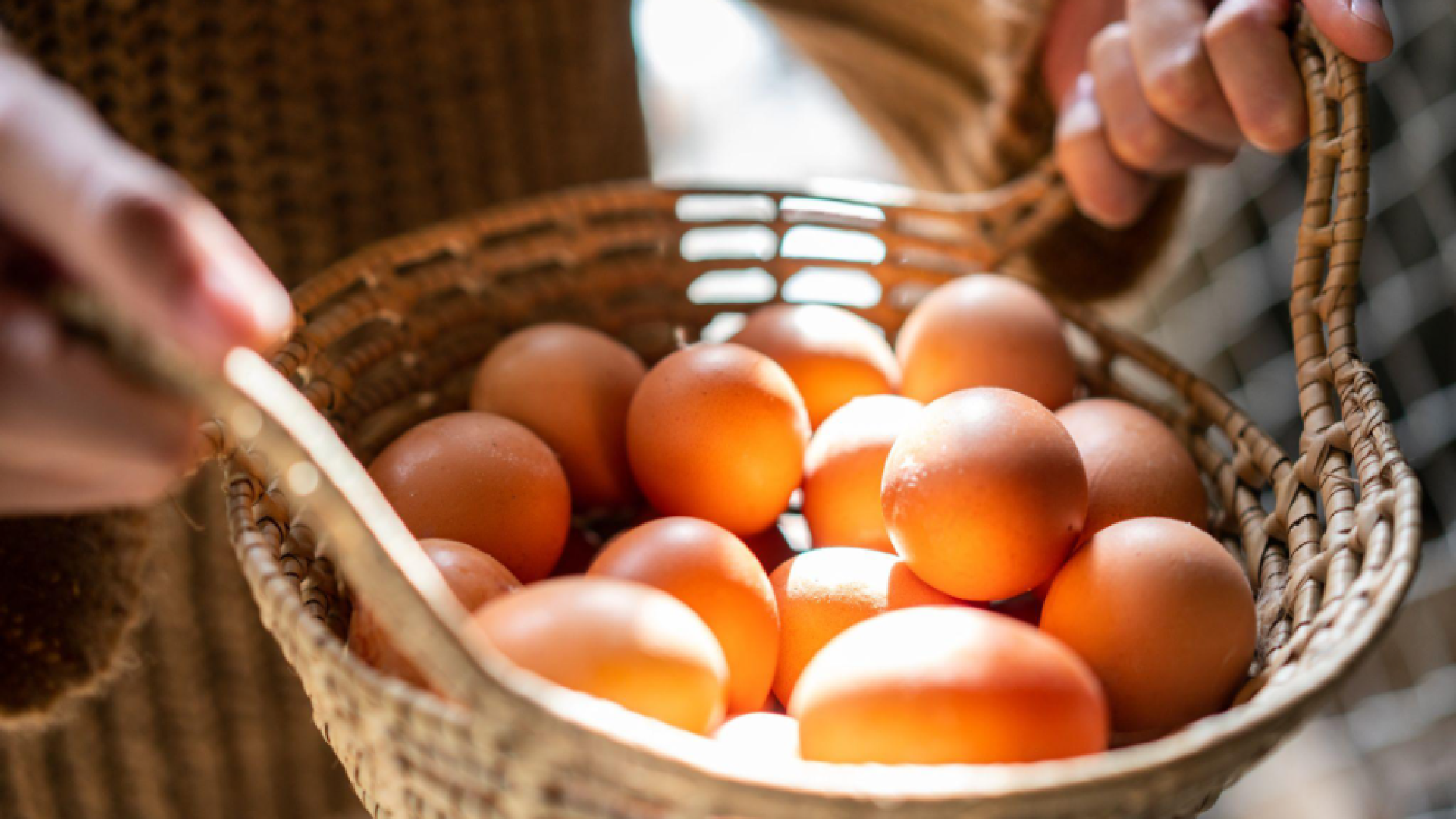A new industry report by international NGO Lever Foundation reveals a strong shift toward ethical sourcing and animal welfare among restaurant brands in the Philippines. The 2024 Philippines Restaurant Industry Cage-Free Egg Scorecard, which evaluated the public policies of mid- to large-sized restaurant groups or brands (those operating twenty or more restaurant locations), found that a whopping 62% (41 out of 66) have now set public timelines to eliminate the use of caged eggs in their supply chains. Together, these commitments cover over two-thirds (69%) of chain restaurant locations across the country, with nearly 9,000 restaurants now on a path to sourcing only cage-free eggs. Six additional brands, representing an additional 13% of restaurant locations across the country, have issued public statements that they are currently working on developing a cage-free egg policy.

Domestic restaurant brands and groups that have set timelines to transition to using only cage-free eggs include Jollibee, Chowking, Mang Inasal, Red Ribbon, Greenwich, The Coffee Bean and Tea Leaf, Highlands Coffee, Mimi & Bros. by MFT Group, The Abaca Baking Company, Angel’s Pizza, and Figaro Coffee. Most leading international restaurant brands present in the country have also committed to making the switch, including BreadTalk Philippines, Andok’s, Burger King, Panda Express, Mister Donut, KFC, Dunkin’, Pizza Hut, Dairy Queen, Taco Bell, Krispy Kreme, Auntie Anne’s, Cinnabon, Subway, Tim Hortons, Popeyes, Marugame Udon, Paul Boulangerie, Buffalo Wild Wings, Olive Garden, Ruth’s Chris Steakhouse, Chili’s, Superbowl of China, Heybo, Shake Shack, illy, Papa John’s, and Pizza Express.
In addition to the restaurant groups that have already set timelines for eliminating caged eggs, three other prominent groups—Max’s Group, which operates brands including Max’s Restaurant, Pancake House, and Yellow Cab; Century Pacific, which operates Shakey’s and Peri-Peri; and Goldilocks, the Philippines’ largest bakeshop chain—have issued public comments for the Scorecard that they are currently working on developing a cage-free policy.
A large public survey conducted earlier this year by Japan-based GMO Research found that 83% of Filipino consumers believe eggs sourced by restaurants, supermarkets, packaged foods companies and similar should come only from hens living in cage-free environments. Recognizing the significance of this shift, the Bureau of Agriculture and Fisheries Standards initiated the development of a national Code of Practice for Cage-free Egg Production in 2020 to support and regulate the growing cage-free egg sector. As of 2023, a public scorecard released by Lever Foundation found that over 75% of the Philippines’ leading hotel groups had set a timeline to use only cage-free eggs. The country’s restaurant sector is now catching up with this growing sustainability trend.
“It is encouraging to see that brands in the restaurant and café sector in the Philippines are making food sustainability and animal welfare a priority,” said Robyn Del Rosario, Sustainability Program Manager at Lever Foundation, an international NGO that worked with many of these restaurant groups on their commitments. “As consumers increasingly prioritize responsible sourcing and sustainable practices, adopting cage-free eggs represents a pivotal step forward for businesses. We are encouraged by the commitment demonstrated by these leading restaurant brands and remain optimistic that the remaining brands will soon align with this industry-wide shift toward more humane practices.”
Despite this positive momentum, 19 mid- to large-sized restaurant brands have made no public pledge to eliminate caged eggs from their operations. These include Bo’s Coffee, Classic Savory, Conti’s, Café France, Gerry’s Restaurant and Bar, Kuya J, Army Navy, Wright Wings, Tokyo Tokyo, BonChon Chicken, Brownies Unlimited, Italianni’s, Nono’s, Wildflour, Mary Grace, and Domino’s Pizza.
Animal protection and food safety organizations worldwide encourage a switch to cage-free eggs, which are less cruel to animals and safer for consumers. On battery cage egg farms, hens are confined for their entire lives in cages so small they can barely turn around and cannot express their natural behaviors. Extensive research conducted by the European Food Safety Authority and other institutions found caged egg farms are up to 25 times more susceptible to key strains of salmonella compared to cage-free farms. The European Union, the United Kingdom, Canada, New Zealand, and parts of the United States, Australia and India have already banned battery cage egg production. An increasing number of consumers are also reducing or eliminating eggs from their meals entirely, the most significant way to protect the welfare of hens.




